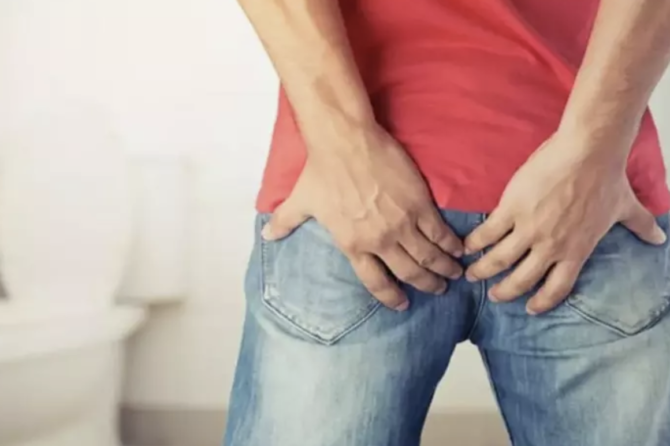
How Should a Patient with an Anal Fissure Eat?
An anal fissure is usually caused by small tears in the anal region and can be quite uncomfortable. It can cause severe pain, bleeding, and itching in individuals. This condition often occurs due to constipation or the passage of very hard stools.
How Should a Patient with an Anal Fissure Eat?
It is very important for people with an anal fissure to avoid constipation. The first step recommended by doctors is to consume fiber-rich foods to keep stools soft. Fiber-rich foods speed up bowel movements and prevent stools from hardening. Foods such as whole grain bread, whole wheat pasta, fresh fruits and vegetables, and legumes should be preferred. In addition, drinking water is also crucial. Drinking at least 8 glasses of water a day keeps stools soft and makes bowel movements easier. Patients with an anal fissure are advised to avoid overly spicy and acidic foods as well. These foods can increase irritation in the anal region and cause pain. Additionally, excessive consumption of caffeinated drinks and alcohol can negatively affect bowel movements.
How to Eat to Prevent Anal Fissures?
To prevent the formation of anal fissures, dietary habits should be regulated. It is especially important to avoid foods that cause constipation. The passage of hard stools can irritate the anal region and eventually lead to tears. Therefore, eating foods that prevent constipation can help prevent the formation of anal fissures. A diet rich in fiber, water, fruits, and vegetables ensures that stools remain soft.
It is also important to go to the bathroom regularly and avoid excessive straining during bowel movements. Drinking enough water during the day and avoiding salty, processed foods can help keep bowel movements regular.
How Should People with Anal Fissures Eat?
People with anal fissures should pay close attention to their daily diet and consume foods that prevent constipation. Regular consumption of foods rich in fiber helps keep stools soft. Especially legumes, leafy green vegetables, fruits, and whole grains are ideal for these patients. Drinking plenty of water is also very important to facilitate bowel movements. When consuming fiber-rich foods, water intake should be increased, as water helps fiber work more effectively in the digestive system. People with anal fissures should avoid fatty and processed foods and instead consume healthy fats that aid digestion.
How Should Post-Surgery Nutrition for Anal Fissures Be?
Nutrition after surgery for anal fissures is one of the most important factors directly affecting the recovery process. After surgery, doctors usually recommend a fiber-rich diet. This diet facilitates bowel movements and prevents damage to the surgical area. Drinking plenty of water during the postoperative period should not be neglected. Doctors recommend regular consumption of fruits, vegetables, and whole grains to prevent constipation after surgery. To avoid irritation in the surgical area, spicy, acidic, and fatty foods should be avoided.
Leave a reply

Leave a reply